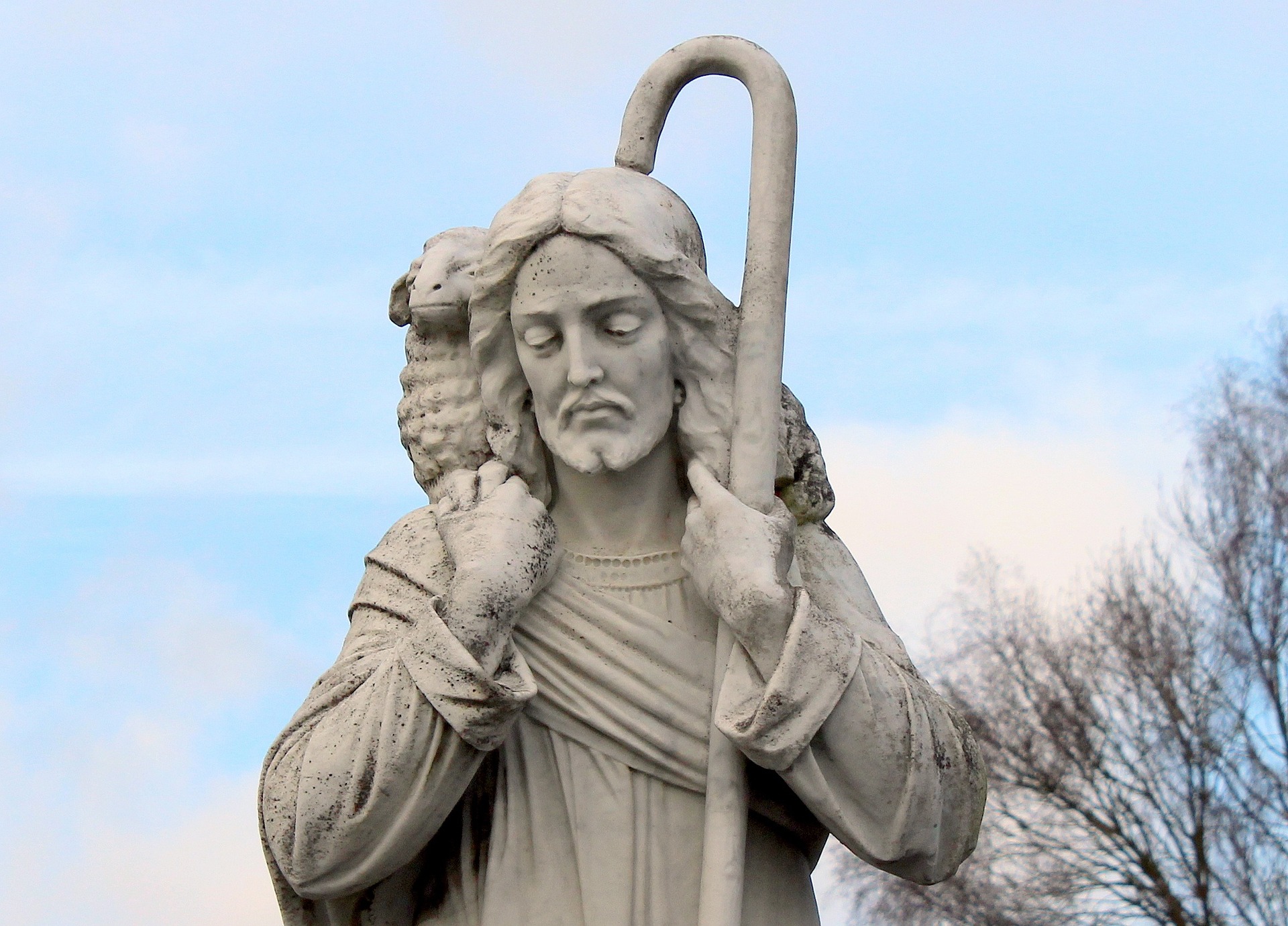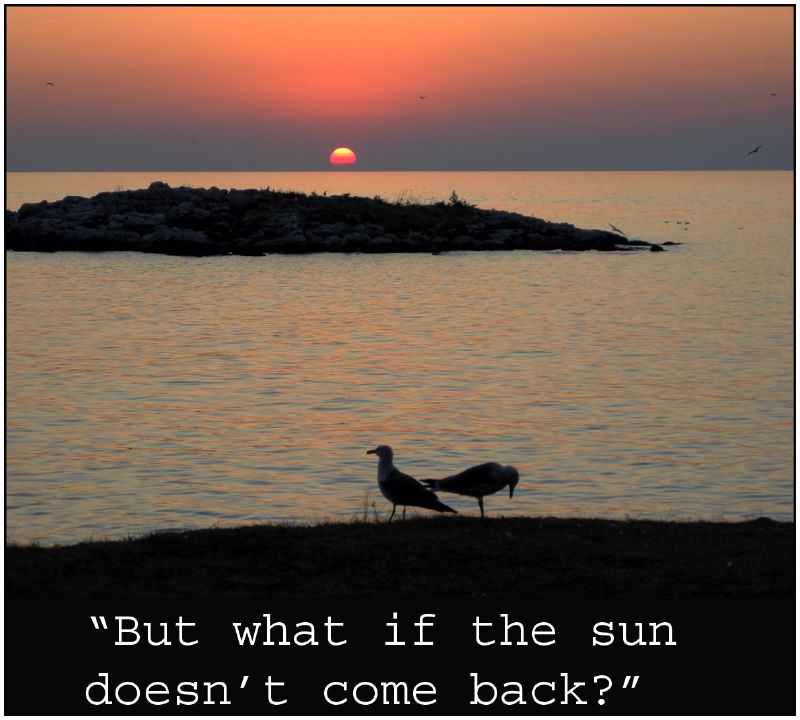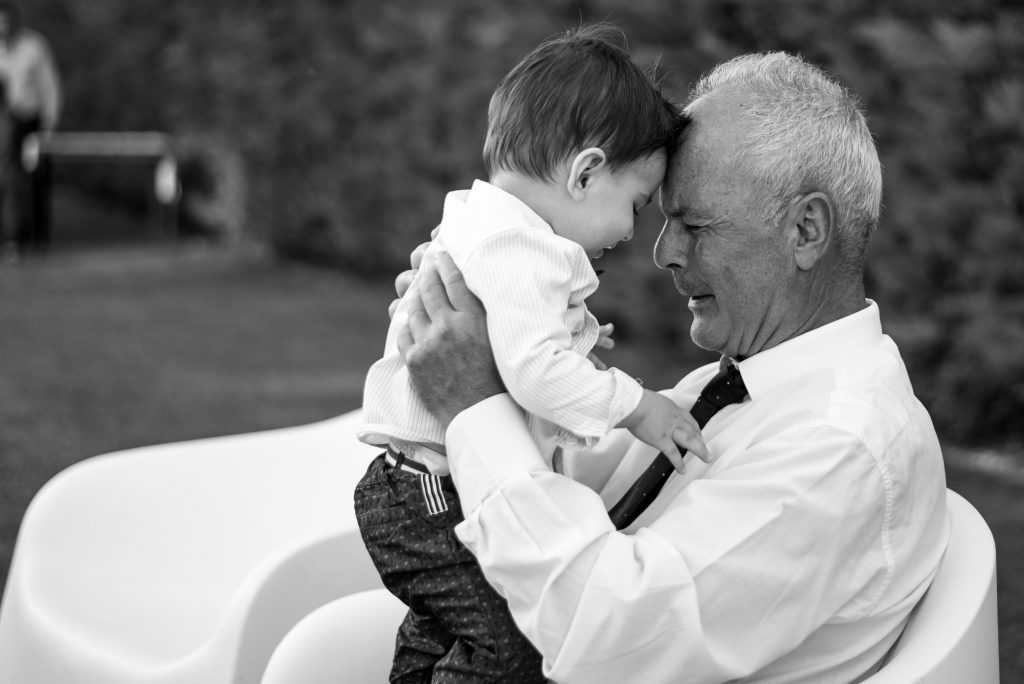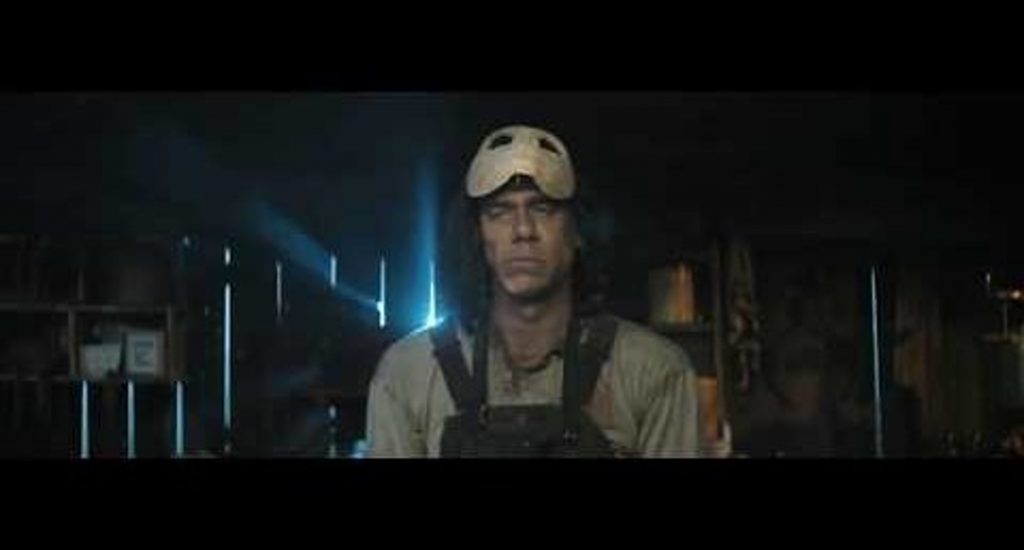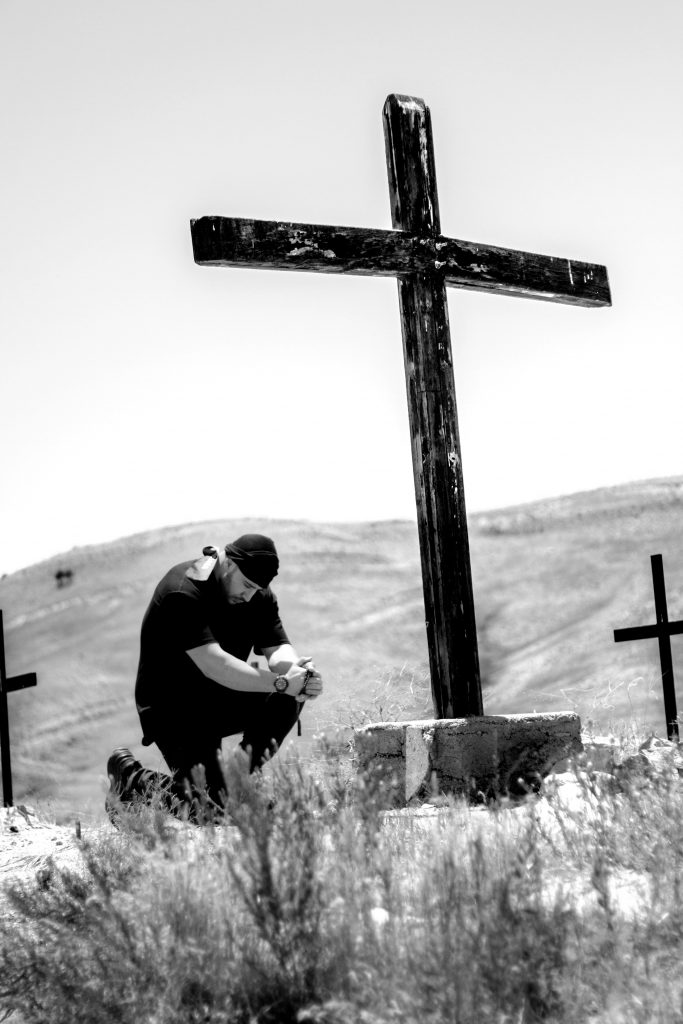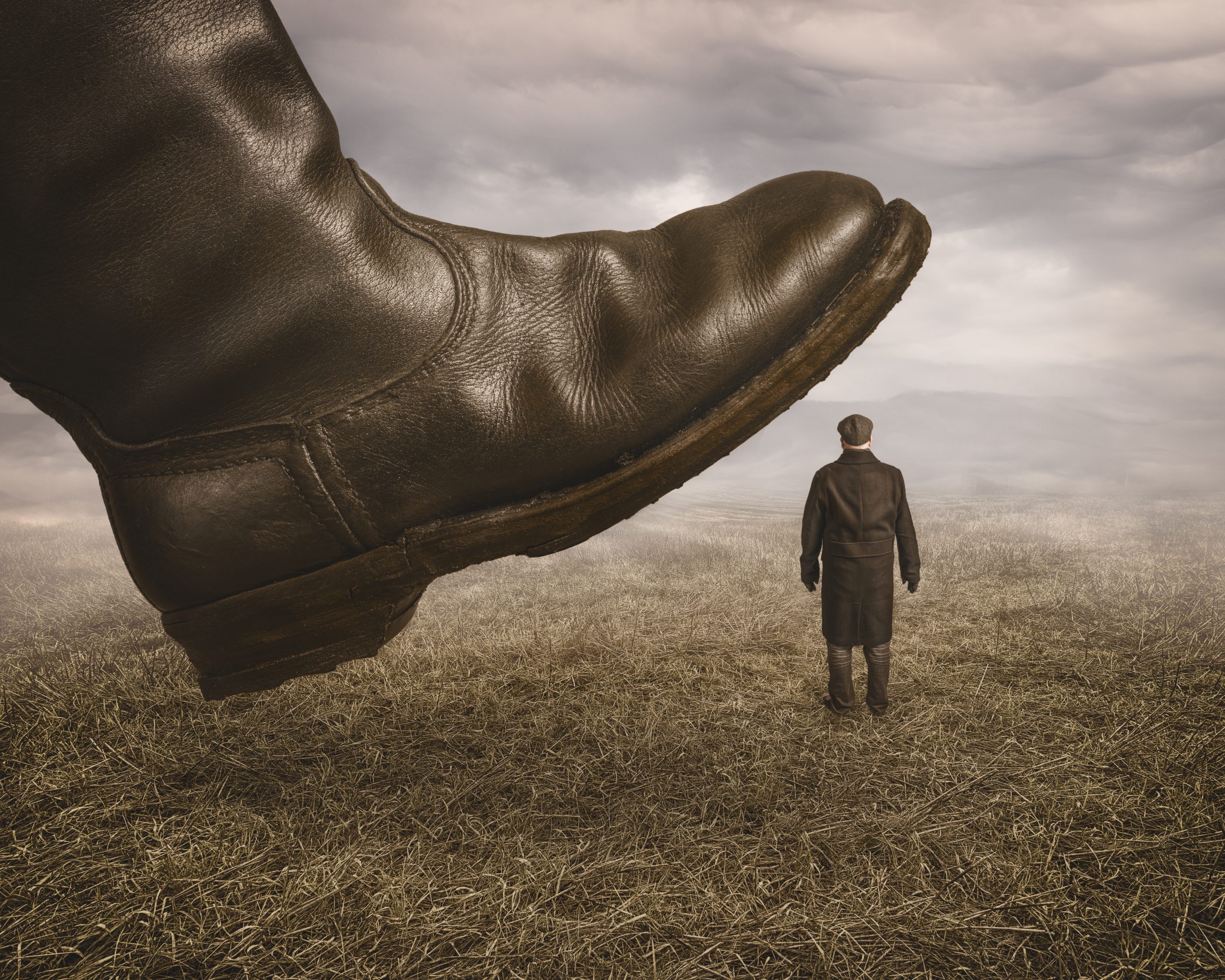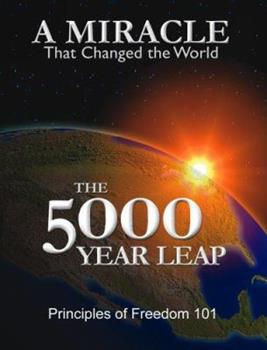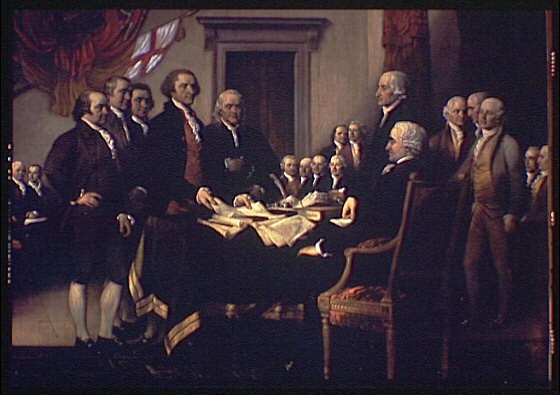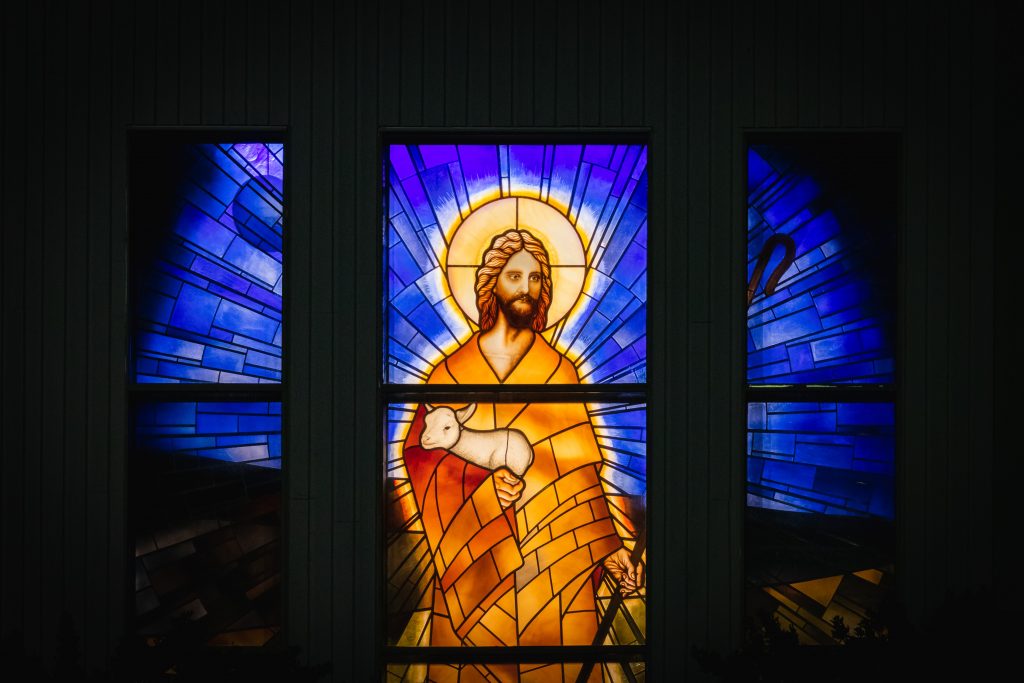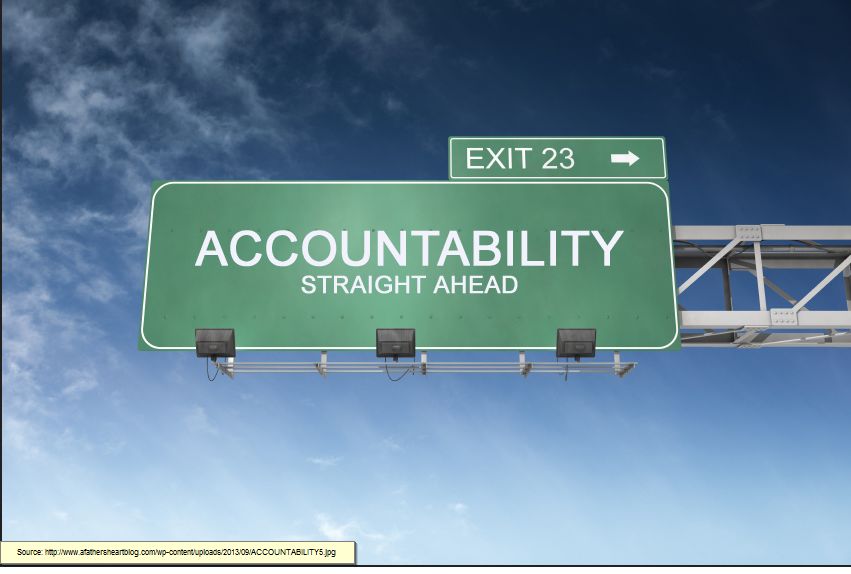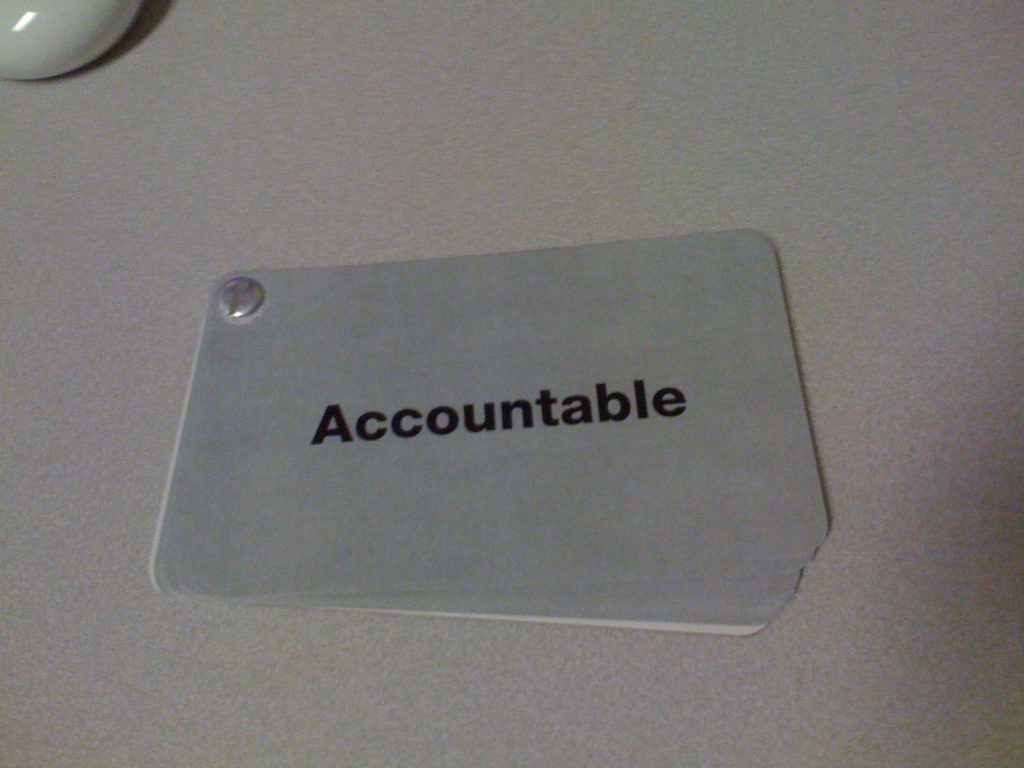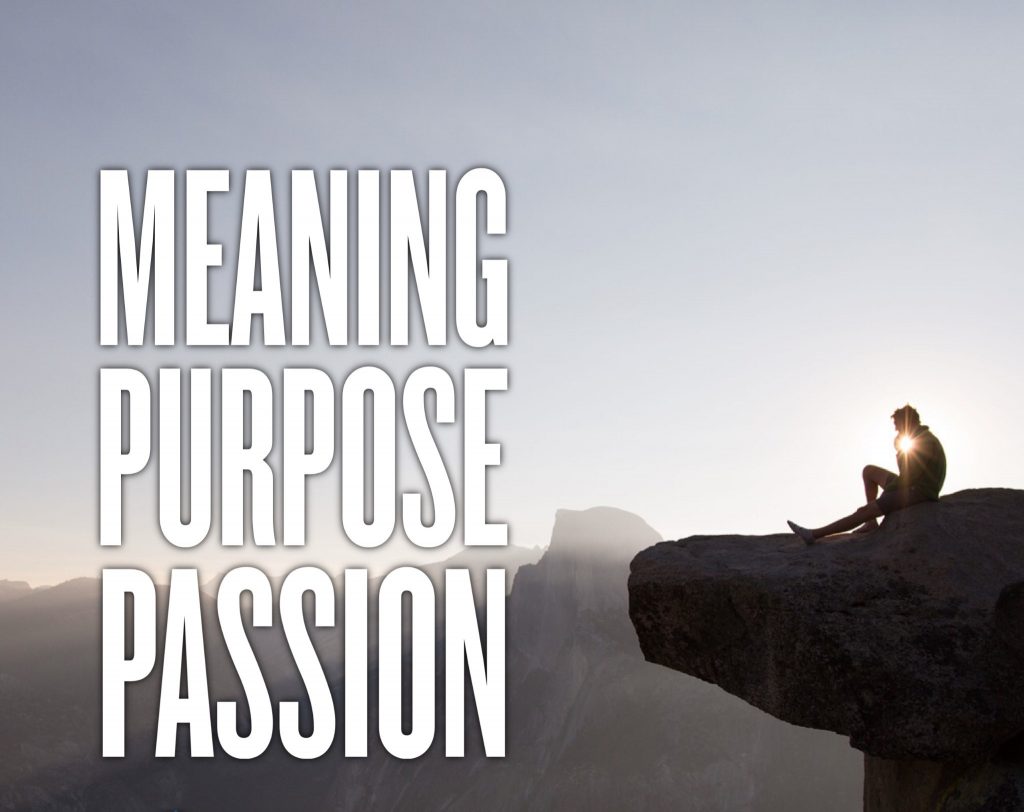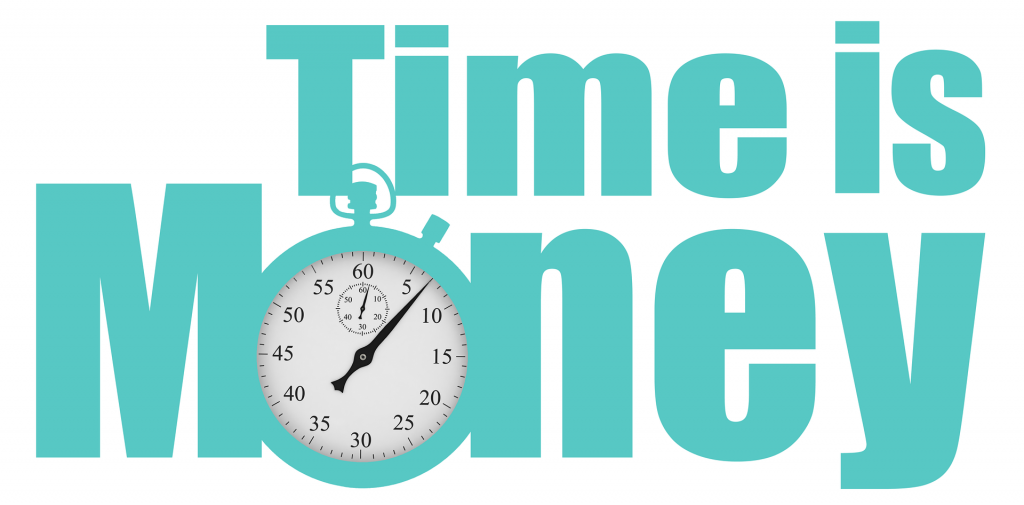There’s a Good Reason Why We’re Compared to Sheep in the Bible
Isn’t it interesting how once a subject shows up, it continues showing up everywhere? The similarities of people being like lost sheep is one such case.
Pastor Lee’s sermon this week was about the importance of a shepherd to the sheep. Without a fence or a shepherd sheep wander off and get lost. I’ve written about this over the past few weeks, i.e., my cousin Keith’s sermon about laughing with the sheep and I touched on this in last week’s post about curiosity.

We are easily led astray, just like a flock of sheep following the wrong things. It’s easier to just follow rather than lead. The problem is that there are wolves everywhere. We’re told to be “shrewd like snakes and harmless as doves” Matthew 10:16 while we’re among the wolves.
There’s a good reason we’re so often compared to sheep in the Bible. Because we act like them…we need a Shepherd! Our “sheepness” is an issue of blindly following the wrong things.
Think things through before blindly following.

There are thousands of people reported missing every day. Many of these cases are resolved within a few days, but there are several that never are. These include kids running away from home, mental health issues or people who choose to be detached from society.
Ultimately in most of the cases the problem is a lack of a Good Shepherd. Jesus is constantly looking for these “lost sheep”. He will leave the 99 sheep that are safe to go look for the 1 that is missing. Mathew 18:22
As we discussed the sermon in Sunday School we talked about the differences of goats and sheep. How sheep are often considered dumber. How goats are more curious than sheep. Upon researching the difference between sheep and goats I found some things that make the Biblical comparisons very fitting.
…Sheep have a reputation for being stupid and just sort of worthless. The sheep of today are much different than sheep as they were created, they have been bred in such a way as to produce fluffier, dumber sheep. But they are, and have always been, dependent on their shepherd. Goats, on the other hand, have a reputation for being independent, opinionated and curious at best—or vulgar, dangerous and destructive at worst.
Shepherds protect sheep from their environment, whereas goatherds protect the environment from their goats. So for us to be God’s sheep, we must depend on Him to defend us. If we push, take, destroy and bully, we are goats.
Sheep follow the voice of their shepherd and trust him to lead them to food, water and safety. If they wander, which some do, the shepherd will go out and rescue them and bring them back to the safety of the flock.
A goat, however, doesn’t follow anyone. A herd of goats goes where it wants, and the goatherd follows behind. Instead of grazing, goats “browse”—foraging for whatever strikes their fancy. So that tells us that if we are allowing ourselves to be led, being sensitive to the pull of God’s Spirit, and following the path of our Shepherd, we are sheep.

If we are headstrong, going our own way, and pulling back against God’s Spirit, we are goats.
Follow the Good Shepherd and don’t be a goat.

